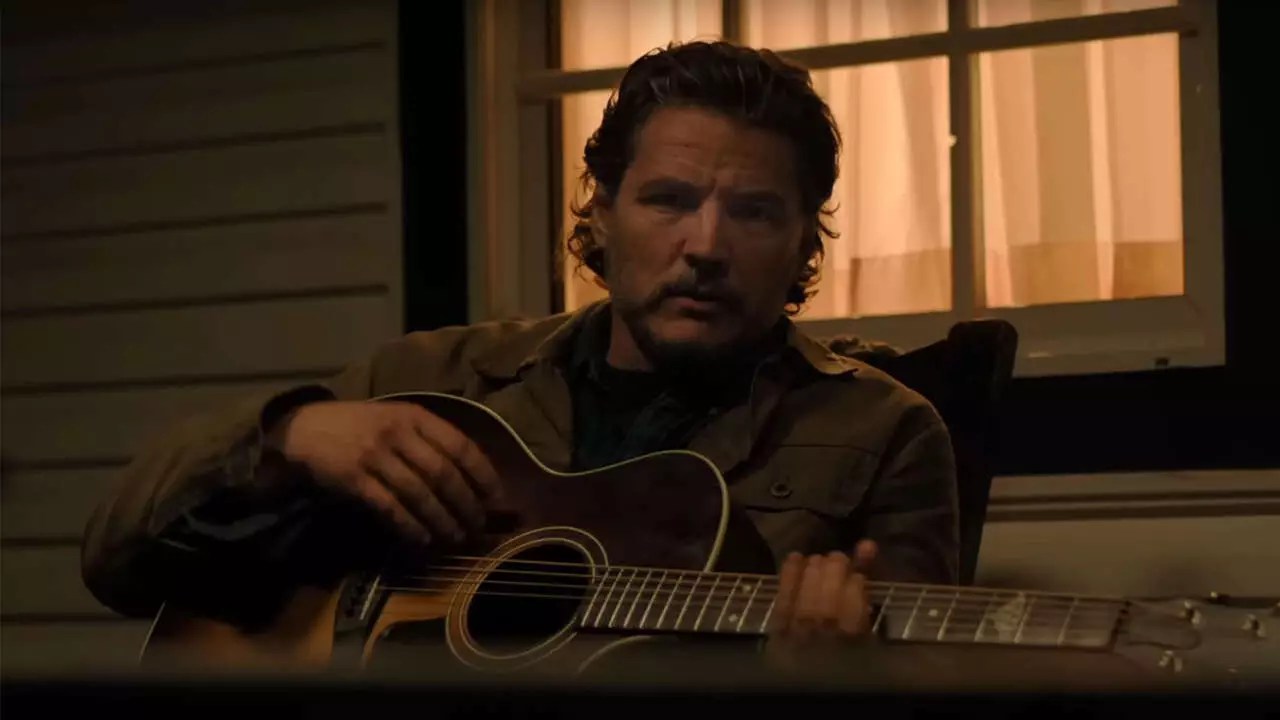In a recent statement that reverberated through the gaming and television communities, Neil Druckmann, the co-creator of the iconic series The Last of Us, cast a shadow over the potential development of The Last of Us: Part 3. His remarks raised eyebrows, especially as they suggested that the HBO adaptation might serve as the definitive conclusion to this beloved franchise. While the upcoming seasons are tasked with adapting The Last of Us: Part 2, Druckmann appears ready to wrap up the narrative on his terms, contemplating the legacy he wishes to leave behind.
This provides an intriguing pivot for fans who have invested emotionally in the characters over the years. The idea that the television adaptation might act as the ultimate endpoint for the franchise could translate into a more focused and cohesive storytelling approach. Unlike video game sequels, which often attempt to stretch narratives across multiple installments, a single television narrative can afford to establish a potent, concise conclusion. This could reflect Druckmann’s desire for a controlled artistic vision, ensuring “a definitive ending” rather than allowing for indefinite extends of the plot.
Creative Constraints and Narrative Freedom
Druckmann’s admission about feeling that his “hands are pretty full” adds an essential layer to our understanding of his creative landscape. Balancing the progress of The Last of Us with endeavors like Naughty Dog’s new franchise, Intergalactic: The Heretic Prophet, underscores the complexities that come with developing a multifaceted creative identity. This dual pursuit may push Druckmann to prioritize depth over quantity in storytelling. Rather than prolonging a saga with additional unnecessary entries, he seems geared toward solidifying his work around a central narrative that resonates and engages audiences profoundly.
The gaming world often faces criticism for sequels that deviate from original themes or dilute character development for expanded gameplay. Druckmann’s approach could be seen as a defiance of these industry standards. Instead of chasing sales numbers or franchise longevity, he contemplates how a series like The Last of Us might exit with grace, similar to how a well-crafted novel concludes. In this self-imposed pressure, there lies potential beauty, one that could yield emotionally powerful storytelling that resonates deeply with fans.
Merchandising Meets Storytelling
Interestingly, as we prepare for The Last of Us Season 2, we observe the synergy between storytelling and merchandising. The themed coffee blend — integrating cordyceps mushrooms from the series — exemplifies how brands are seizing the opportunity to enhance the viewer experience. Such marketing strategies not only capitalize on the series’ themes but also engage audiences in a tactile way, creating a vivid connection with the source material.
This innovative collaboration exemplifies how franchises can transcend traditional boundaries, allowing fans to immerse themselves in the world of The Last of Us beyond screens. It serves as a reminder that storytelling can thrive in diverse avenues, maintaining relevance and richness in a medium increasingly defined by cross-platform narratives.
As Neil Druckmann continues to navigate the complexities of his projects, the future of The Last of Us seems to be on a daring trajectory. Whether it lies in a conclusive television saga or further explorations in the gaming realm, one thing is clear: the journey ahead promises to be as captivating and profound as the journey of Joel and Ellie themselves.


Leave a Reply